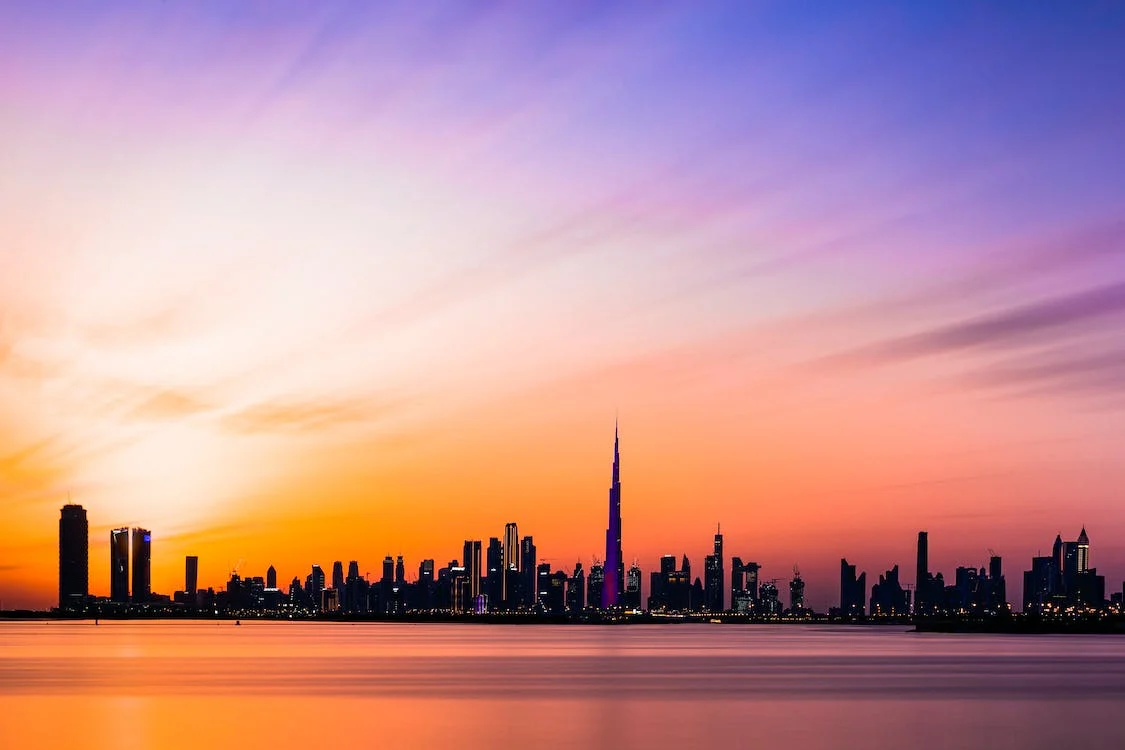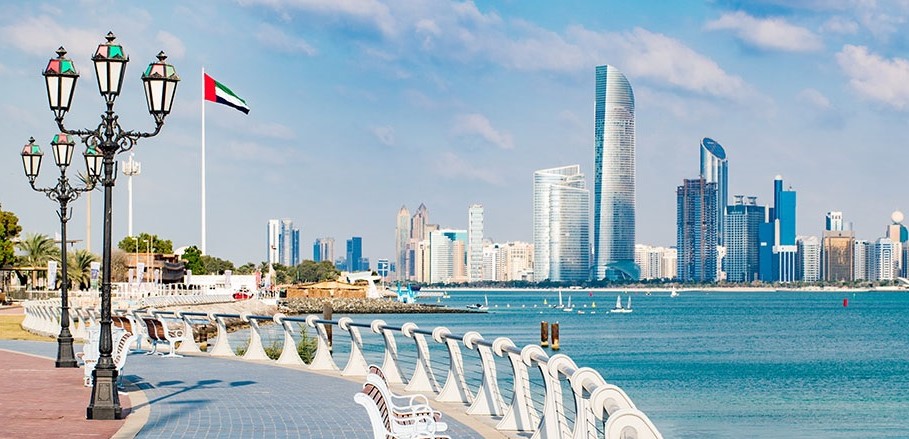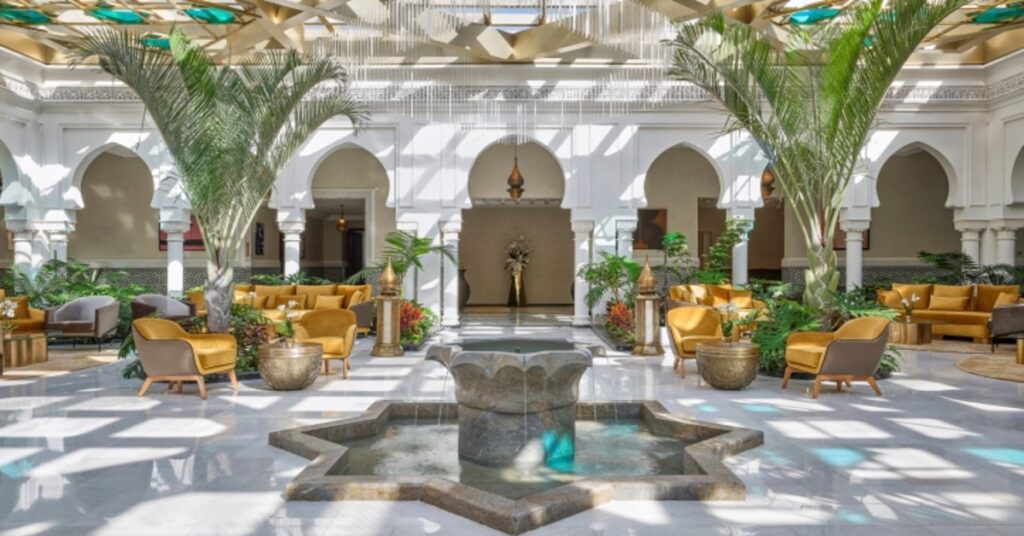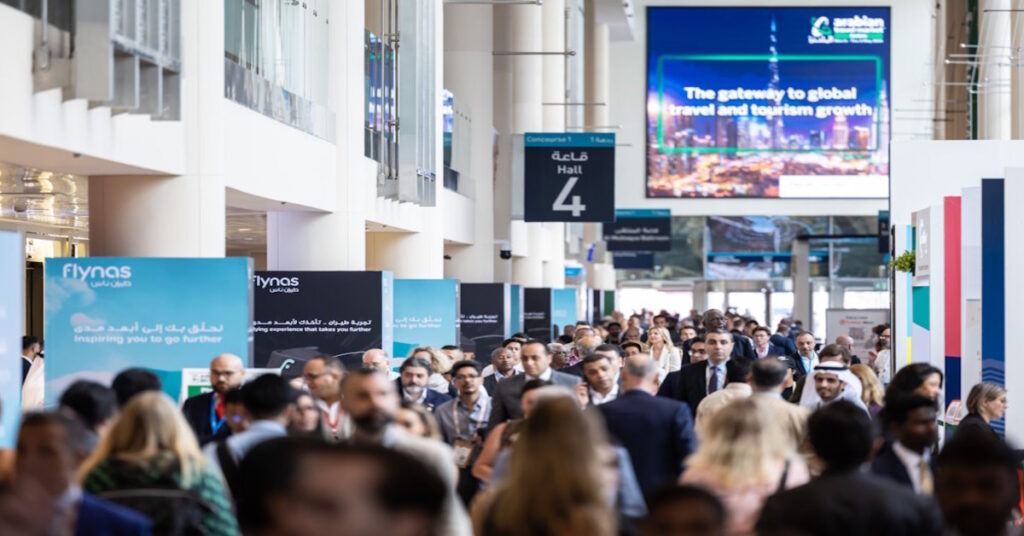Dubai and Abu Dhabi, the two cities which have been at the forefront of the Middle East’s growth and development, have ranked among the most desirable destinations for foreign workers, and hubs for tourism and business.
Abu Dhabi, Doha, Dubai, Kuwait City, Riyadh, and Mecca share similarities in the “Cities of Choice” study in terms of their strengths and weaknesses. Over the past year, most cities managed to grow their scores, reflecting the growing quality of city life in the region.

Dubai – Cruiser Weight City
Researchers surveyed over 50,000 people from 79 cities. The participants were asked to assess more than 150 economic, social and political metrics across five dimensions – economic opportunities, quality of life, social capital, interactions with authorities, and speed of change.
Dubai and Abu Dhabi made it in the top 10 in their respective ranking categories. In the Boston Consulting Group’s classification of cities, Dubai is described as a “cruiserweight” city, with a population of more than 3 million people, but below 10 million. In the “Economic Opportunities” dimension, Dubai scored 71 out of 100. This highlights that Dubai is among the fastest-growing cities in the world. It has significantly diversified its economy over the years by investing in sectors, like tourism, real estate, transportation and finance.
Moreover, Dubai’s economic score is underpinned by a strong built environment and digital infrastructure; which helps facilitate a highly efficient and dynamic business landscape. The city is highly regarded for its architecture, most notably the Burj Khalifa (the world’s tallest building) and the Palm Jumeirah (one of the largest man-made islands in the world). Dubai is set to become a world-leading hub for Web3 and blockchain technology.
Abu Dhabi – Middle Weight City
UAE’s capital city Abu Dhabi is described as a “middleweight city” in terms of its economic standing and population. It is home to about 1.5 million people and has an above-average income because of its thriving oil-based sector and the broader economy. In the “Economic Opportunities” category, Abu Dhabi achieved a high score of 73, highlighting the city’s proactive measures to create a business-friendly environment that fosters innovation and entrepreneurship.
Furthermore, the capital city has made substantial investors in sectors, like renewable energy, technology, and tourism. Abu Dhabi’s economy, over the past few decades, has recorded rapid growth and development with major infrastructure projects and modern architecture. The Emirate state hasn’t allowed its relatively small population to stop it from emerging as a global player and hub for innovation and entrepreneurship.

However, a low score of 43 in the “Quality of Life” category means Abu Dhabi needs to work on its social and physical infrastructure. The city’s efforts to provide residents with access to high-quality healthcare, affordable housing, and a sustainable environment, need to be improved. The survey recommended more investments in the areas of public transport, green spaces, and social services. But the “Interactions with Authorities” category recognized Abu Dhabi’s well-developed system of governance. The capital city with its smart technologies is a frontrunner in smart city strategies. Its authorities are capable and agile in responding to a changing environment.



